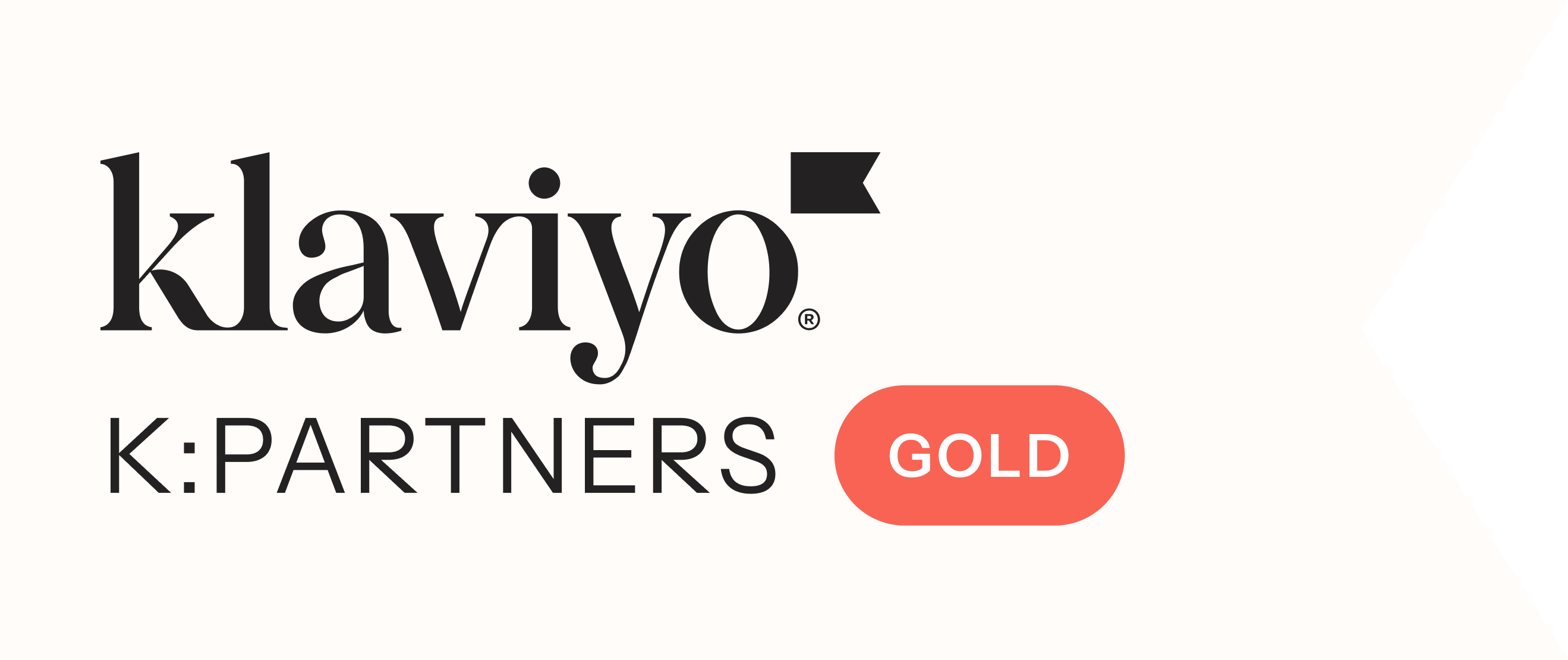The travel industry has gone turbo-digital. Online travel booking is ballooning from just over $800 billion in 2021 to a projected $1,464 billion by 2027.
After the pandemic, both the industry and travellers are eager to make up for lost time. The result? A 90% rebound in pre-pandemic travel levels, fueled by a surge in intra-European tourism. Experts predict that by 2028, travel and tourism will directly contribute to a whopping 17.4 million jobs across Europe.
As more travellers scour search engines for picture-perfect destinations and document their adventures on social media, there are concerns about privacy.
To protect EU citizens, a law called the Digital Markets Act (DMA) has emerged, taking aim at tech giants and their handling of competition, consumer safety, and, of course, privacy. This applies not just to people living in the EU, but also to businesses who collect data from anyone within its borders.
So, what does this mean for travel? Well, it’s both a challenge and an opportunity. Brands will need to rethink how they treat customer data, but it also opens up new ways to attract and keep travellers happy. Think transparency, building trust, and offering personalised experiences — all without sacrificing privacy.
Here’s everything you need to know about the impact of the Digital Markets Act on the industry, and how travel companies will comply with the regulation’s requirements.
How will the Digital Markets Act Impact the Travel Industry?
The way travel companies market and sell their wares is about to face a major reshuffle, thanks to the Digital Markets Act (DMA).
While travel companies themselves might not be directly in the spotlight, they heavily rely on the six online platforms (Alphabet, Amazon, Apple, ByteDance, Meta, Microsoft), called “gatekeepers” by the DMA, for things like data, advertising, and reaching customers. So, when the gatekeepers have to change their game, the travel industry takes notice.
As travel companies gather and use data at every stage of the customer journey, here’s the role it can play in the future:
- Get loyalty through personalisation: Imagine treating every traveller like a VIP. One of your customers always splurges on spa treatments? Surprise them with a luxurious spa package in their welcome basket. These personalised touches, informed by data, make customers feel like more than just numbers, fostering loyalty that keeps them coming back for more. Studies show personalised guest experiences can boost customer satisfaction by 80%, leading to repeat bookings and positive word-of-mouth.
- Forecast for profit: Predicting travel trends isn’t magic, it’s data science! By analysing booking patterns and search trends, travel companies can anticipate spikes in demand for specific destinations or experiences. Let’s say an airline sees a consistent surge in bookings for beach getaways during summer months. They can adjust prices early to maximise profitability while still offering competitive deals. This proactive approach to demand forecasting increases revenue by up to 15% through optimised pricing and targeted marketing efforts.
- Use laser-focused marketing: No more spraying campaigns and hoping for the best! Customer data allows for laser-focused marketing that hits just the right target. Take a travel agency that knows its niche: adventure seekers. They tailor their marketing to these thrill-loving customers, sending them exclusive deals on upcoming treks or off-the-beaten-path adventures. This targeted approach converts 70% more customers, ensuring their promotions reach the right audience and convert into bookings.
- Optimise titles with relevant keywords: By analysing data on what makes listings rise or fall, travel companies can fine-tune their offerings. Optimising titles and descriptions with relevant keywords can boost platform visibility by 25%. Think of it as speaking the language the algorithm loves, leading to potentially 25% more eyes on your travel gems.
- Craft relevant ad copy: Ads must be more specific and relevant to individual travellers’ interests and preferences to catch their attention in a competitive environment. This involves leveraging data-driven insights to craft personalised messages and offers. With increased consumer awareness, ads need to be transparent about pricing and offer genuine value propositions. Focusing on unique selling points and building trust could become key to success.
- Compare your visibility to your competition: Imagine having a live scoreboard of your rivals’ platform performance! Compare your listings, ads, and customer engagement with competitors, and identify areas for improvement. Stay competitive and pick up what’s working and what’s not.
- Optimise your budget: Forget throwing marketing money into a black hole. With transparent ad performance data, you can optimise campaigns in real-time. McKinsey & Company reports that data-driven marketing delivers 5-10% higher ROI compared to traditional methods. Squeeze every drop of effectiveness out of your campaigns, maximising reach and conversions.
- Focus on dynamic bidding strategies: Travel companies can benefit from utilising real-time bidding strategies based on factors like user behaviour and competitor pricing. This allows them to optimise their ad spend and target the right audience at the right moment.
- Partner up for platform power: The DMA paves the way for travel alliances. By joining forces with complimentary service providers (e.g., airlines, local experiences), you can create bundled packages that appeal to the algorithm's preference for diverse offerings. In fact, bundled travel packages generate 30% higher average booking value compared to individual bookings.
Impact of Data Privacy Laws on Travel Business
Here’s the good news for travellers. You have more control over your data! Companies need your explicit permission before using it. No more generic “agree to all” buttons. They have to tell you exactly what they’ll do with your data.
Moreover, you can also control their irrelevant spam emails. Offers should be more tailored to your actual interests.
Here’s how the new laws will impact travel businesses:
Challenges:
- No combining data from different platforms (e.g., airline website, booking platform) for profiling without your consent.
- Stricter rules for data storage and sharing.
- Risk of fines and penalties for non-compliance.
Tips To Navigate The DMA Laws:
- Get compliant consent under the Digital Markets Act.
- Manage data carefully: separate profiles, don’t collect unnecessary data.
- Vet your data partners to ensure their compliance.
- Rethink marketing: “zero-party data” (directly from customers) is becoming key.
- Focus on personalising experiences without invading privacy.
How Travel Companies Can Win Customer Consent
When people let you use their information, you can offer them trips they’ll love. But first, you got to convince them it’s worth sharing.
Why does consent matter?
Consent unlocks the gates to a world of retargeting strategies. Let’s say, John browsed beachside villas in Bali. Instead of having an ad pop-up like “Still thinking about the beach?” your ad could show:
- The very same villa he admired, basking in its beachfront glory.
- Other stunning nearby villas, tempting him with a range of options.
- Hidden gems like secluded coves and vibrant local markets, tailored to his potential interests.
This level of personalisation wouldn’t be possible without checking on the consent box.
But beyond visuals, consent unlocks even more magic:
- Targeting past searches and activities: Did John research surfing lessons? Surprise him with an ad offering discounts on his dream wave catch.
- Leveraging social media insights: Does he follow Bali travel influencers? Highlight the similar spots they frequent, creating a sense of exclusivity.
- Dynamic ad optimisation: Did John hover over a specific villa photo? Show him more of it, along with enticing room discounts in real-time.
Overall, tailored PPC ad campaigns can substantially benefit from consented data. When travellers agree to share their data, brands can make special deals just for them, with prices they can handle.
- Better decisions: More data means better plans and deals for both you and your customers.
- Happy travellers: It shows you care about their preferences, leading to more returning customers.
- Smarter marketing: Say goodbye to guessing! Ads and social media posts reach the right people, saving you money.
Making the Most of Different Consent Levels
If you want more customers, show them how their data benefits them. Explain how it leads to personalised deals and saves them time.
Don’t waste their time with confusing forms or tiny buttons. Consent should be quick and painless. Most importantly, don’t be sneaky. Give them real choices and avoid tricks to get their info.
Here’s what each consent level means:
- High Consent: Deep personalisation unlocked! Imagine showing ads on beachfront villas right after someone checks out a beach resort in Bali.
- Moderate Consent: Group by interests, like culture lovers. Offer them a “Cultural Weekend Getaway” package with museum tickets.
- Low Consent: Even basic info helps. Are more customers booking on mobile? Make your website mobile-friendly for better SEO.
Companies like Google are starting to enforce stricter privacy rules for businesses using their platforms. These rules, based on the Digital Markets Act (DMA), are all about protecting users’ data in Europe.
For example, travel companies using Google Ads need to play by certain rules:
- Get explicit consent: They have to ask users clearly and directly if they can collect their personal information, just like the GDPR says.
- Use special tools: If they want to show personalised ads in Europe, they have to use Google’s approved tools for managing consent.
Travel companies that want to operate in Europe with Google need to give people more control over their data. This means being upfront about what information they collect and why, and giving users a clear choice to say yes or no.
Keep your eyes on updates from big platforms like Google and official regulators. Get familiar with the changes these platforms ask for. Make them happen, and you’ll keep your access smooth and sailing.
Need a fresh perspective? Let’s talk.
At 360 OM, we specialise in helping businesses take their marketing efforts to the next level. Our team stays on top of industry trends, uses data-informed decisions to maximise your ROI, and provides full transparency through comprehensive reports.











.png)




